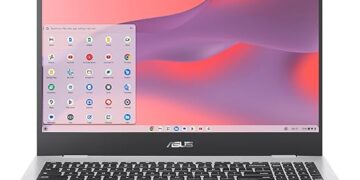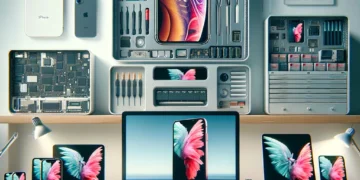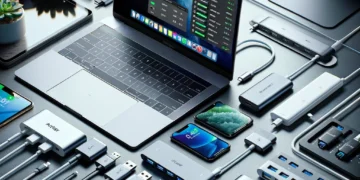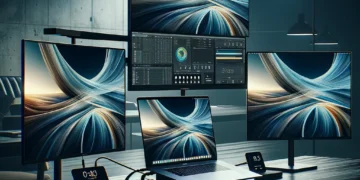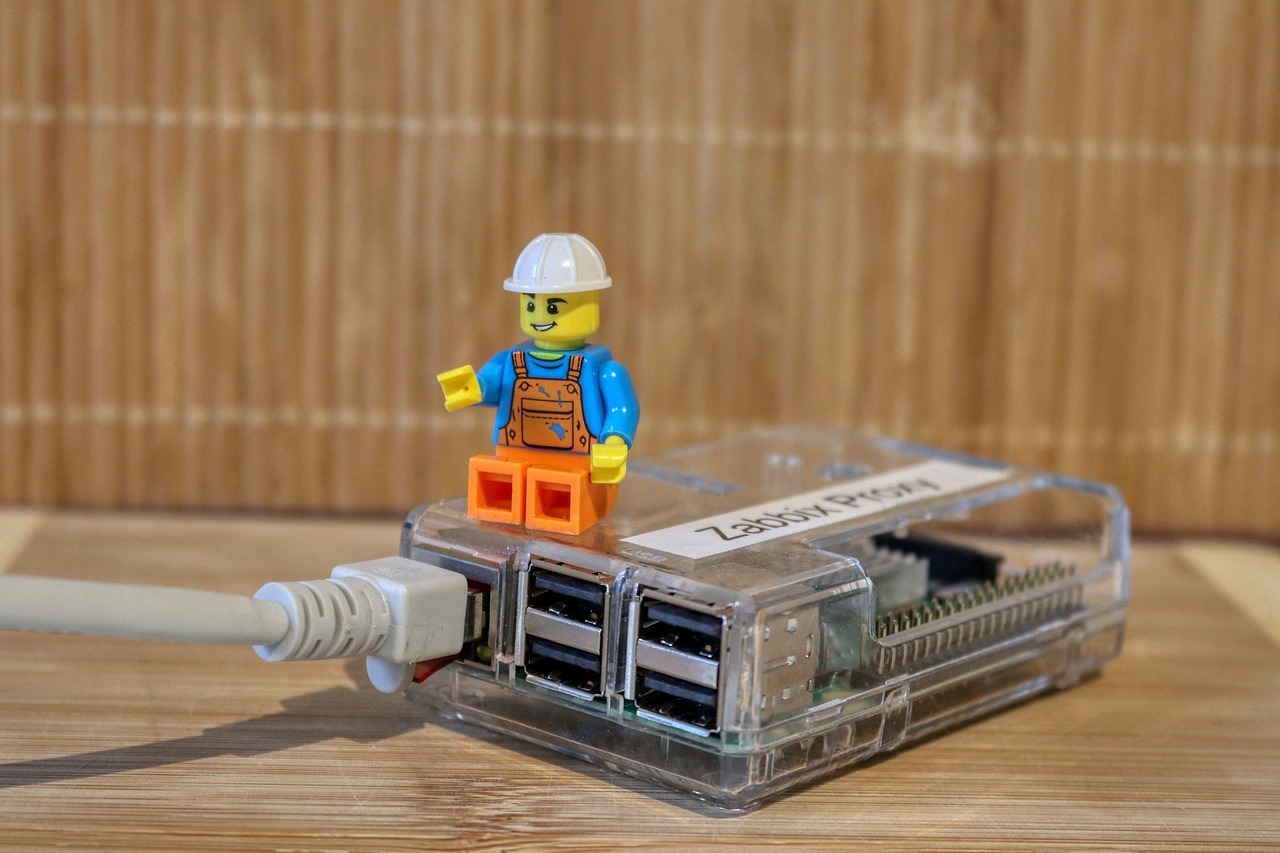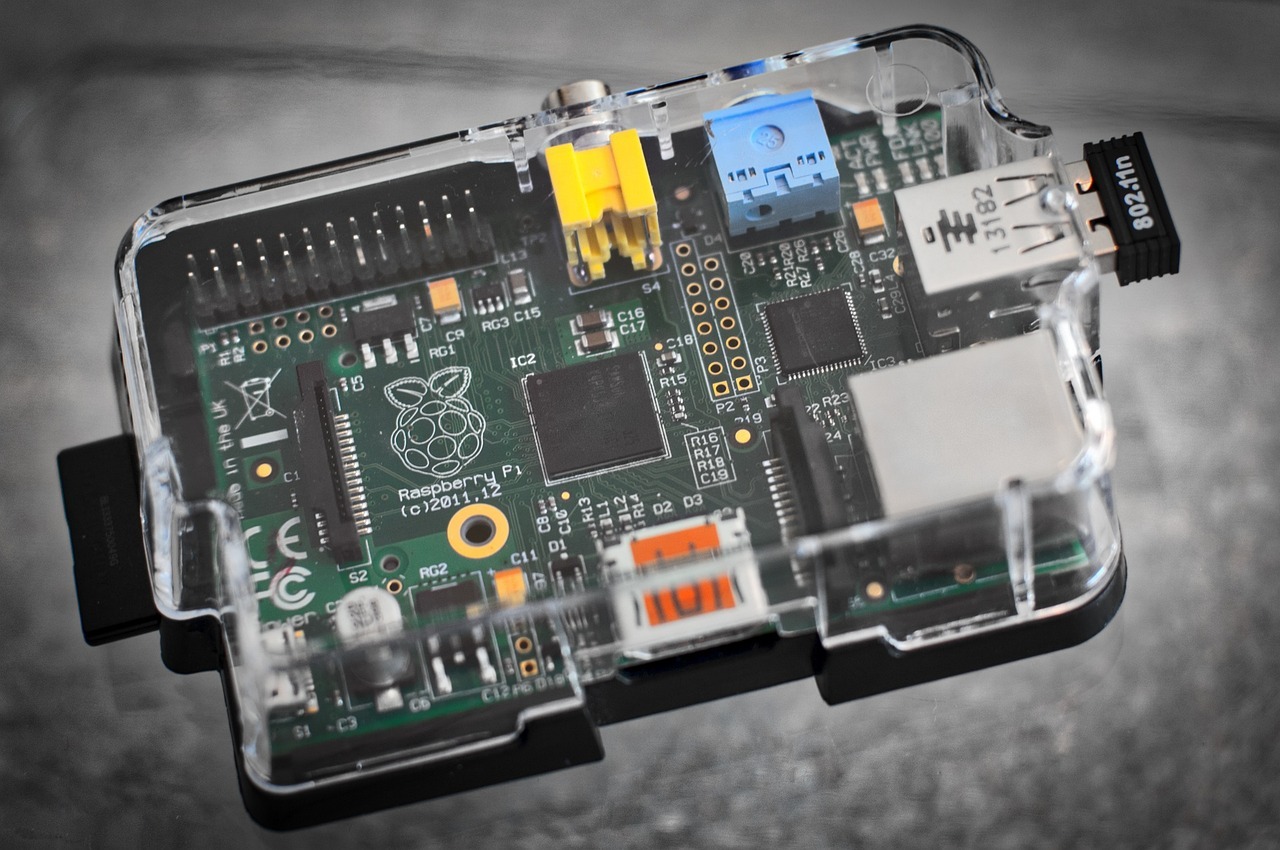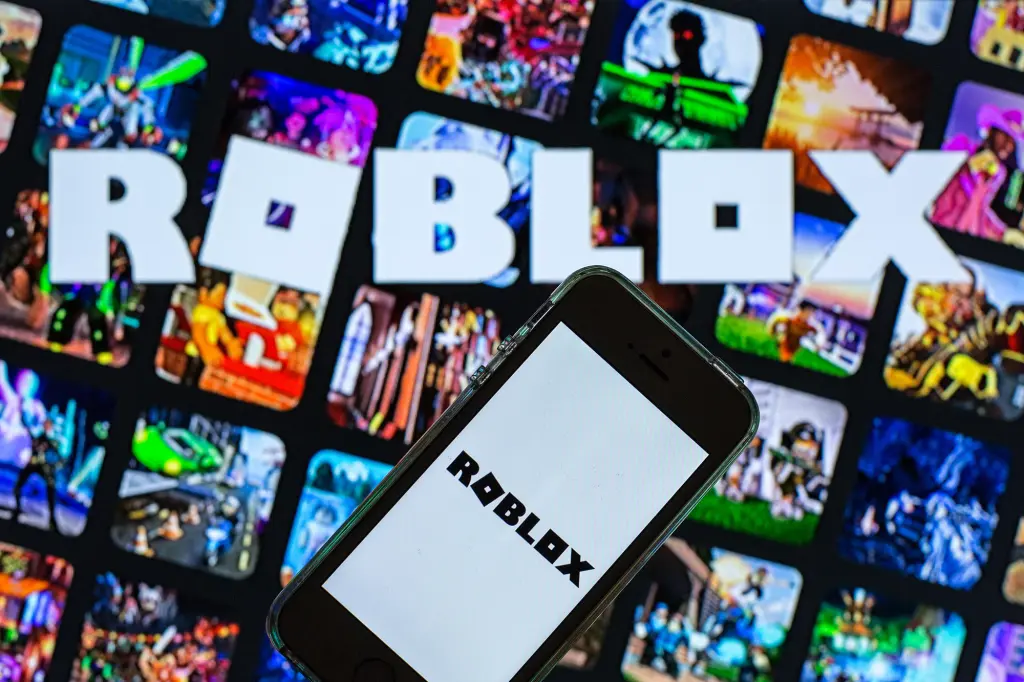In an unusual twist, the CEOs of prominent AI companies, including Mark Zuckerberg of Meta, Satya Nadella of Microsoft, Sundar Pichai of Alphabet, Elon Musk of Tesla, and Sam Altman of OpenAI, appeared before Congress in a closed-door session on Wednesday. Unlike the typical high-stakes theatrics and doomsday predictions that often accompany public hearings on AI’s potential risks, this private conversation took on a more subdued tone.
WOLFBOX G910 10'' Rear View Mirror Camera with AI Tech Pedestrian Detection, 1296P HD Smart Touch Screen Mirror Dash Cam, Backup Camera for Cars with 32GB Card, Super Night Vision,GPS,Parking Monitor
Over 20 technology and civil society leaders engaged in discussions about the future regulation of AI at the meeting, which was organized by Senate Majority Leader Chuck Schumer. Senators Martin Heinrich (D-NM), Todd Young (R-IN), and Mike Rounds (R-SD) also attended and collaborated with the majority leader to develop additional proposals.
The buzzword of the day was “consensus.” Schumer shared with reporters, “First, I asked everyone in the room, ‘Is government needed to play a role in regulating AI?’ and every single person raised their hands, even though they had diverse views.”
SimWayTech USB Truck Simulator Shifter Knob for ATS & ETS2 compatibled with Logitech G25 G27 G29 G920 G923 Thrustmaster TH8A Fanatec SQ Moza PXN or other DIY shifter
However, as reported by Bloomberg, “areas of disagreement were apparent throughout the morning session.” Zuckerberg, Altman, and Bill Gates had differing opinions on the risks associated with open-source AI. Elon Musk, in his characteristic style, engaged in a discussion with Berkeley researcher Deb Raji regarding concerns about AI-powered self-driving cars.
Schumer commented, “Some people mentioned licensing and testing and other ways of regulation… there were various suggestions as to how to do it, but no consensus emerged yet.”
Rumman Chowdhury, CEO of Humane Intelligence and an attendee, humorously remarked, “That’s probably the worst wedding to try to do seating for.” She also noted that Musk and Zuckerberg did not interact and sat at opposite ends of the table, likely to prevent any heated confrontations.
The participants generally agreed that the federal government should play a role in dealing with “transformational innovation.” One participant suggested the creation of a $32 billion fund to support endeavors that maximize AI’s benefits.
Following the seven-hour session, Mark Zuckerberg’s official remarks were released by Facebook. They emphasized responsible AI development, collaboration with civil society leaders, and maintaining America’s leadership in defining technical standards globally.
In an intriguing twist, Zuckerberg alluded to a new AI contender, “the next leading open-source model… out of Abu Dhabi,” in a departure from his previous concerns about China’s AI advancements.
Elon Musk, known for his libertarian views, warned reporters about the “civilizational risk” posed by AI and advocated for the creation of a Federal Department of AI, drawing parallels to agencies like the FAA or SEC. He believes this department could play a pivotal role in regulating the AI industry, although he didn’t provide specific details.
Musk expressed, “I think this meeting could go down in history as important to the future of civilization.”










![Apple Watch SE (2nd Gen) [GPS 40mm] Smartwatch with Starlight Aluminum Case with Starlight Sport Band S/M. Fitness & Sleep Tracker, Crash Detection, Heart Rate Monitor](https://www.tech-bit.com/wp-content/uploads/2024/06/applewatchse2ndgengps40mmsmartwatchwithstarlightaluminumcase-360x180.jpg)
















![Apple Watch Series 9 [GPS 45mm] Smartwatch with Midnight Aluminum Case with Midnight Sport Band S/M. Fitness Tracker, ECG Apps, Always-On Retina Display, Water Resistant](https://www.tech-bit.com/wp-content/uploads/2024/06/applewatchseries9gps45mmsmartwatchwithmidnightaluminumcasewith-360x180.jpg)



![Apple Watch Ultra 2 [GPS + Cellular 49mm] Smartwatch, Sport Watch with Rugged Black Titanium Case with Black Ocean Band. Fitness Tracker, Precision GPS, Action Button, Extra-Long Battery Life](https://www.tech-bit.com/wp-content/uploads/2024/10/applewatchultra2gpscellular49mmsmartwatchsportwatchwithrugged-360x180.jpg)



